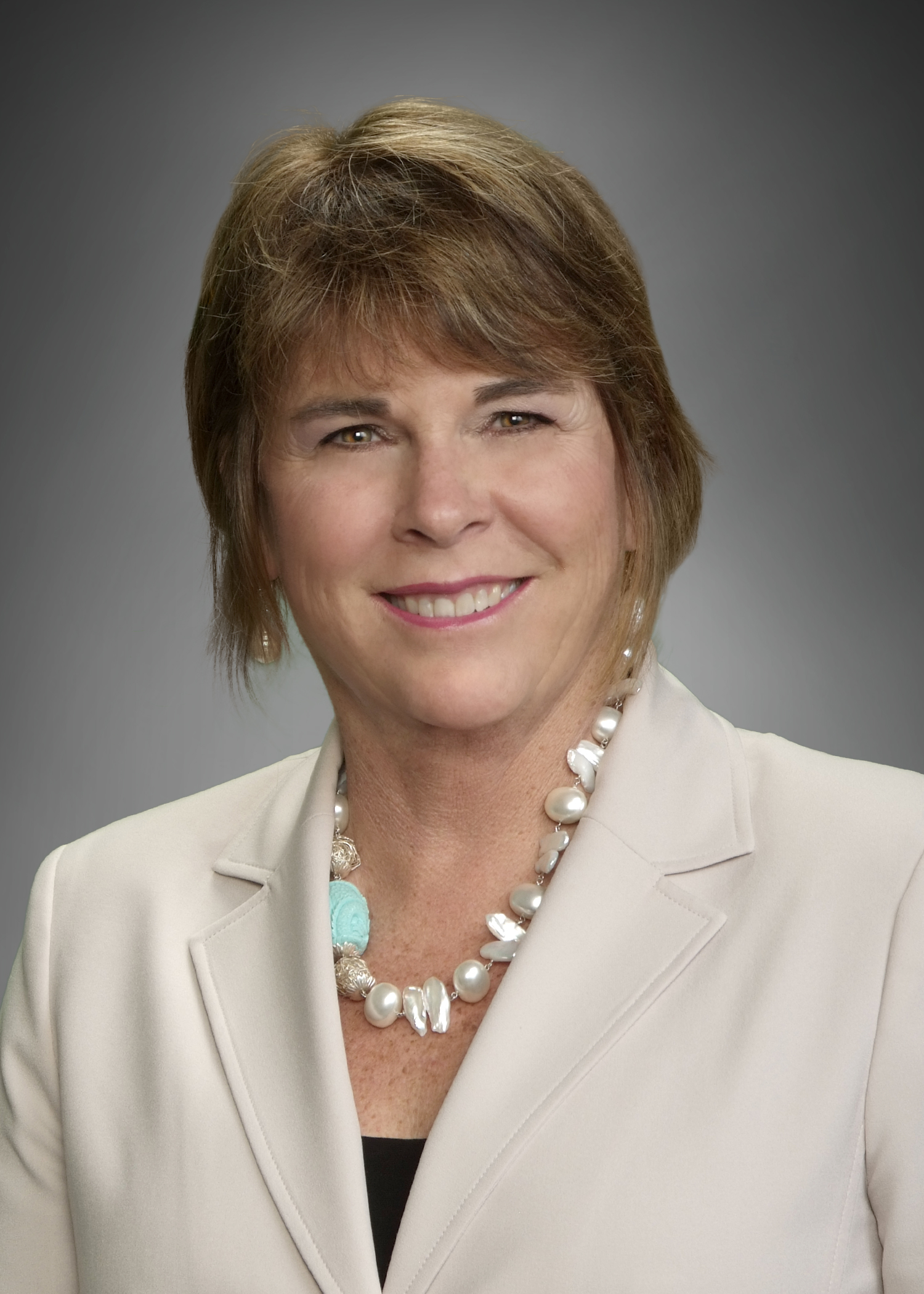As an educator, I know it can be hard to be positive and confident during these current circumstances. Every morning the world gets more news about the short and long-term impact of COVID-19 on the health of our family, friends, neighbors as well as our students and colleagues. The economic impact of state and private support reductions is causing families and students to reconsider the college experience. Faculty and staff had to shift to “online work” which has raised major issues:
- How do we make remote learning a high-quality educational experience?
- How do we meet the expectations of students/families and future employers for socially mature, academically and technically competent, and thoughtful graduates?
Education must evolve as we continue to teach, mentor, and grow professionally.
Some of us will be able to embrace change immediately, some will come to change and adaptation more slowly, and others will not change and leave the field completely.
It has been my experience in helping people deal with the unexpected that we are all much stronger and resilient than we realize. In fact, it is those of us who embrace change as well as those that come to change more slowly who are all taking some personal time now to pause and reflect.
Those professionals who take time during a crisis to think strategically about their own careers will be the employees who remain confident. Confidence leads to more success during a major shift of how to do the business. We need to stop and think strategically and know we have the capacity to take a “time-out “ for ourselves to think about what parts of our work still bring us joy and satisfaction. We can identify the skills required to be successful in our new reality. We can decide whether or not we are currently prepared to pursue the new ways of working. We must plan strategically about what our next steps must be in order to stay competitive.
Now is the time to:
- Dream about your work and personal goals for the next year;
- Discover again the skills that you do well with and the tasks you enjoy;
- Create a strategic plan and design an intervention for yourself;
- Work the plan and monitor progress as it develops.
A former client of mine, a man who led a major banking operation during a similar moment of change in the era of bank mergers during the 1990s, said to me “I have just spent most of my waking moments in the last few months helping my employees to be ready for these changes. However, I neglected thinking about what will happen to me during the merger.” Was it personal avoidance or a well-intentioned leader who was not thinking long term? We talked about the importance of always having a “business plan for yourself” especially during transitional stages in your field. I suggested to him that to be “healthy at work everyone needs to have an annual career physical” in order to stay competitive and confident about next steps.
A series of conversations reconfirmed what he loved about his work, what motivated him to get up every day with joy, and what additional skills and experiences he needed to remain successful. Ultimately he decided to stay in the banking industry but to refocus on working with local community banks. It was important to him that local banks had an impact at the regional level as opposed to the increasingly larger national and international banking systems that did not know the customers. He found the moment of transition was a valuable gift as it gave him a moment to stop and think about the impact of change on his own career. He created a strategic plan for his business going forward and one for his own career.
Many times leaders are so caught up in the organization’s needs that they do not take time to develop a strategy for themselves. Confidence comes when you know yourself well enough to make the changes required of and for you. Today, higher education is experiencing a profound change in how we will do the work of educating students at all levels. Already many people are talking about how to adapt to a world where students will demand that they can take classes online and that the educational costs will stabilize or decrease. Our students and families have an expectation that the quality of their learning will not be compromised.
We now know at least some of the financial implications of state revenues being reduced and what that may mean for our students, faculty, and operations. In private school settings, a decrease in the funds available from endowments for scholarship assistance is sure to have an impact on college selection and what discipline to pursue. It will be those of us who can embrace these coming changes that will know where they are going during the uncertainty and have a plan to become the solution. These are the people who will remain confident and succeed.
Remember, confidence and self-knowledge are characteristics of good leadership.


